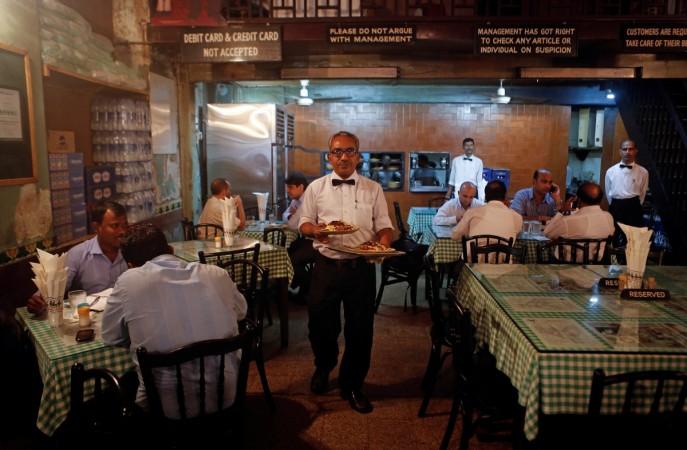
Two weeks after Prime Minister Narendra Modi expressed concern over wastage of food in his Mann Ki Baat radio programme, the central government is planning to ask star hotels and restaurants to ''specify' portion sizes of dishes served, on the menu. Government is drafting a questionnaire regarding the same.
"If a person can eat only two prawns, why should he or she be served six? If a person eats two idlis, why serve four! It's wastage of food and also money people pay for something that they don't eat," Ram Vilas Paswan, minister of consumer affairs, food and public distribution, was quoted by Hindustan Times as saying.
"They are the experts. They should tell us the maximum amount of a dish a person can eat. You go to a Chinese restaurant; they give you so much (of food). We are going to call them (stakeholders) for a meeting. The PM is concerned about food wastage and so we are going to issue instructions to these hotels (about the amount of food to be served)," Paswan said clarifying that only "standard hotels", and not dhabas that "usually serve thalis," would come under the rule.
The ministry of consumer affairs, food and public distribution is drafting a questionnaire for hotels and restaurants to give an explanation of dish sizes that should be served to a customer.
PM Modi had expressed concern over wastage of food at celebrations and said that it was an injustice to the poor. The ministry's decision comes amid several consumer-centric proposals that have been included in a new draft bill, which is currently under the law ministry's consideration, to amend the Consumer Protection Act. The Centre has excluded the provision for the imprisonment of celebrities for misleading advertisements from the new draft bill. It has, instead, proposed a jail term for producers or manufacturers.
"We dropped it (jail term for celebrities) after the group of ministers (GoM) decided to look at how other countries dealt with them. They either imposed a fine or ban (on celebrities) and so we decided to go for the same," Paswan told HT. The new proposal suggests that the punishment for a producer, who is found guilty of misleading advertisements, would range from a fine to cancellation of the license to a prison term depending on how many times the offence has been committed.













